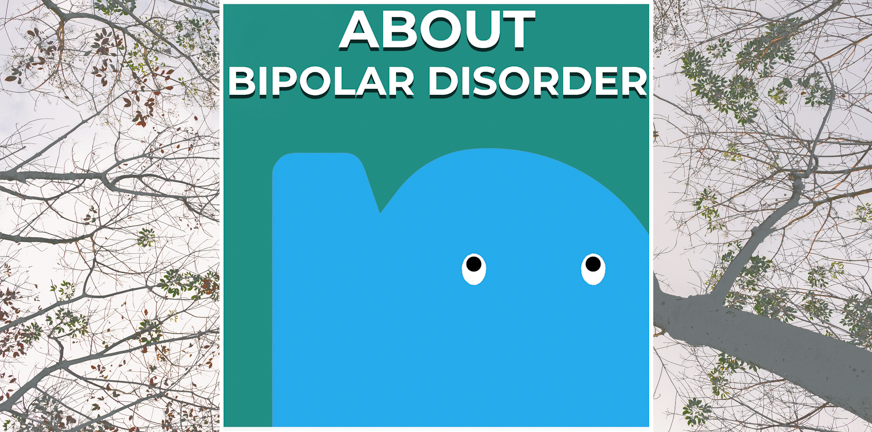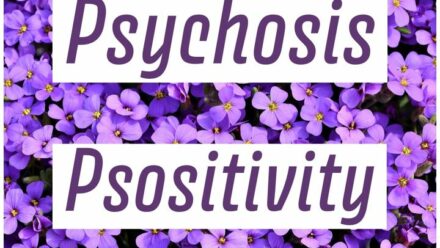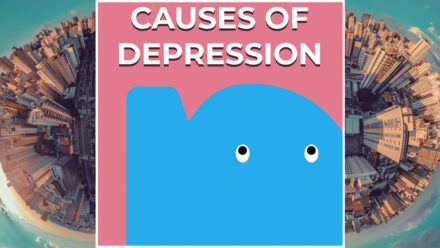
Psychosis vulnerability can go hand in hand with mania and depression. During a manic episode you feel upbeat, hyperactive, unstoppable. While during depression you are down, and there is nothing you feel like doing. When your mood is constantly swinging between those extremes, this is called a bipolar disorder or being manic depressive.
Manic depression & the bipolar spectrum
Manic depression, just like psychosis, can be very different from person to person. How strong the mood episodes are and how long they last, is different for everybody. You could suffer mild manic problems (also known as hypomania), but they can also be so extreme that your moods are accompanied by signs of psychosis.
Learn more about the bipolar spectrum.
Symptoms
Bipolar mood disorders come in so many varying types and degrees, that people mostly see it as ‘the bipolar spectrum’ instead of as a single condition. The degree at which someone experiences mania, hypomania and depression differs per person and per episode.
Causes and triggering factors
We currently don’t understand much about the causes of manic depression. But we do know that it is an interplay of genetic vulnerability, individual development and contributing psycho-social factors prior to an episode.
Learn more about causes and contributing factors.
Drugs and alcohol
Many people with bipolar mood disorder struggle with addiction to (or abuse of) drugs and/or alcohol at some times in their life. This has a negative influence on the mood swings and on your recovery in general.
Learn more about drugs and alcohol.
Treatment
The usual treatment of a bipolar disorder is a mix of psycho-education, counselling, medication and possibly additional psychotherapy. Life charting can be a helpful technique: it helps you keep track of your emotions and medications to help you map your moods.



